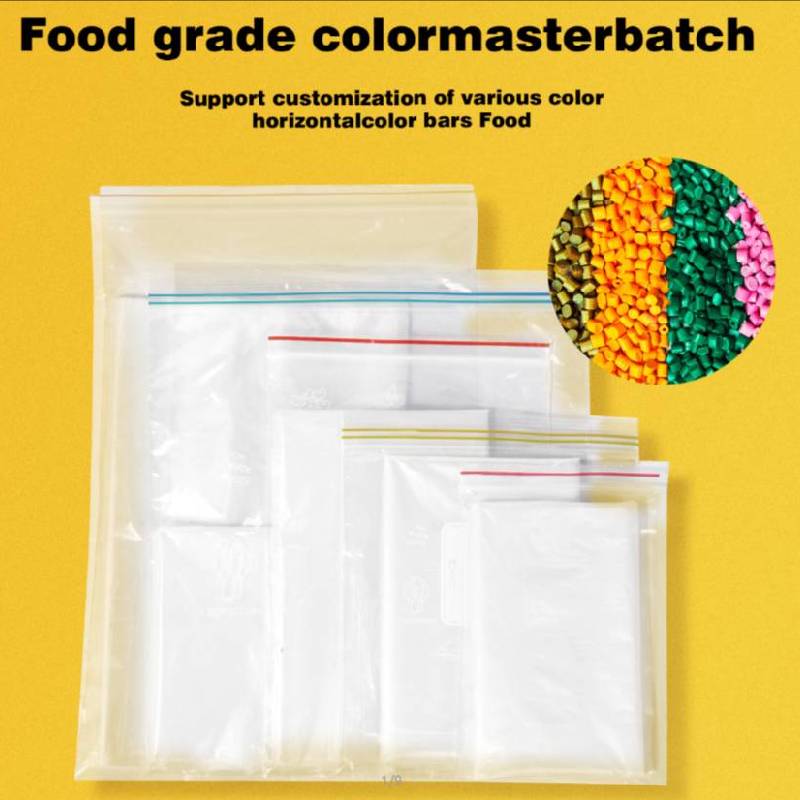Eco-Friendly Waste Bags for a Cleaner Environment and Sustainable Living Solutions
The Importance of Choosing the Right Rubbish Bin Bags
Rubbish bin bags, often overlooked in the grand scheme of household management, play a crucial role in waste disposal. Choosing the right bags can have a significant impact not only on cleanliness and organization but also on the environment. In this article, we will explore the various types of rubbish bin bags available, their uses, and the environmental considerations that come with their selection.
Types of Rubbish Bin Bags
Rubbish bin bags come in various sizes, strengths, and materials, each designed for specific purposes. Understanding these types can help you make informed decisions based on your needs.
1. Standard Plastic Bags These are the most common type of rubbish bag. They are lightweight and come in various sizes, making them suitable for everyday waste. While convenient, standard plastic bags can tear easily and may not be the best choice for heavier or sharper items.
2. Heavy-Duty Bags For tougher tasks, heavy-duty rubbish bags are essential. Made from thicker plastic, these bags can withstand more weight and resist punctures. They are ideal for construction sites, yard waste, or any scenario where durability is a priority.
3. Biodegradable Bags As environmental concerns grow, biodegradable options have gained popularity. These bags are designed to break down naturally over time and are usually made from plant-based materials. They provide a more eco-friendly alternative to traditional plastic bags but may require specific recycling methods to decompose properly.
4. Odor-Control Bags For households dealing with food waste or pet refuse, odor-control bags infused with deodorizers can be a game-changer. These bags help contain unpleasant smells, making garbage management more bearable in tightly closed spaces.
5. Recycling Bags Color-coded recycling bags often help separate recyclables from household waste. They serve as a visual cue for proper waste disposal and promote recycling efforts, as many communities encourage residents to sort their trash.
rubbish bin bags

The Role of Rubbish Bin Bags in Waste Management
Rubbish bin bags serve several important functions in waste management. Firstly, they contain waste, preventing spills and keeping environments clean. A sealed bag minimizes exposure to pests and unpleasant odors associated with decomposing materials. Secondly, rubbish bags can aid in the recycling process. With proper labeling and color coding, they enhance the sorting process in municipal recycling facilities, ensuring that recyclable materials are processed correctly.
In addition to cleanliness and organization, rubbish bin bags contribute to the efficiency of waste collection. Municipal services often prefer standardized bags, as they streamline the collection process. This efficiency can reduce the time waste collectors spend on the curb, resulting in lower operating costs for waste management departments.
Environmental Considerations
While the convenience of rubbish bin bags is undeniable, their impact on the environment cannot be ignored. Traditional plastic bags contribute significantly to landfill waste and ocean pollution. Therefore, opting for biodegradable or reusable bags can help mitigate these negative effects.
When selecting rubbish bin bags, consumers should consider the entire lifecycle of the product. This includes not only the materials used but also how they will be disposed of. Compostable bags, for instance, are a great choice if you have access to composting facilities. Understanding local waste disposal guidelines can guide you in making eco-friendly decisions.
Conclusion
In summary, the seemingly simple choice of rubbish bin bags plays a significant role in waste management and environmental sustainability. By selecting the right type of bag for your needs, you can improve hygiene, enhance waste disposal practices, and contribute to a healthier planet. As we continue to navigate the challenges of waste disposal in an increasingly crowded world, making informed choices about rubbish bin bags is a crucial step toward responsible waste management. Embracing biodegradable options or recycling practices can genuinely make a difference, one bag at a time. By taking this small but impactful step, we can all contribute to a cleaner, greener future.
-
The Best Uses for Small Trash Bags in Daily LifeNewsJul.01,2025
-
Stylish Reusable Grocery Bags TrendsNewsJul.01,2025
-
Shipping Advantages of Using Bubble Envelopes BulkNewsJul.01,2025
-
How Compostable Mailing Bags Reduce Environmental ImpactNewsJul.01,2025
-
Environmentally - Friendly Bulk Poly MailersNewsJul.01,2025
-
Eco Friendly Custom Laminated Tote BagsNewsJul.01,2025
-
Have the freedom of customizing your custom mailers any way you want! Our dedicated packaging support will help deliver you the mailing experience you need to elevate your shipping experience to the next level! Start making a strong impression on your customers and stand out from your competitors! -
LIYA uses high quality raw materials which directly purchased from large enterprises domestic and overseas such as PetroChina, Sinopec, Sabic, Equate, ExxonMobil, Dow Chemical, Total, and Borouge, ensuring the price advantage and quality of the raw materials. -
LIYA uses high quality raw materials which directly purchased from large enterprises domestic and overseas such as PetroChina, Sinopec, Sabic, Equate, ExxonMobil, Dow Chemical, Total, and Borouge, ensuring the price advantage and quality of the raw materials.





